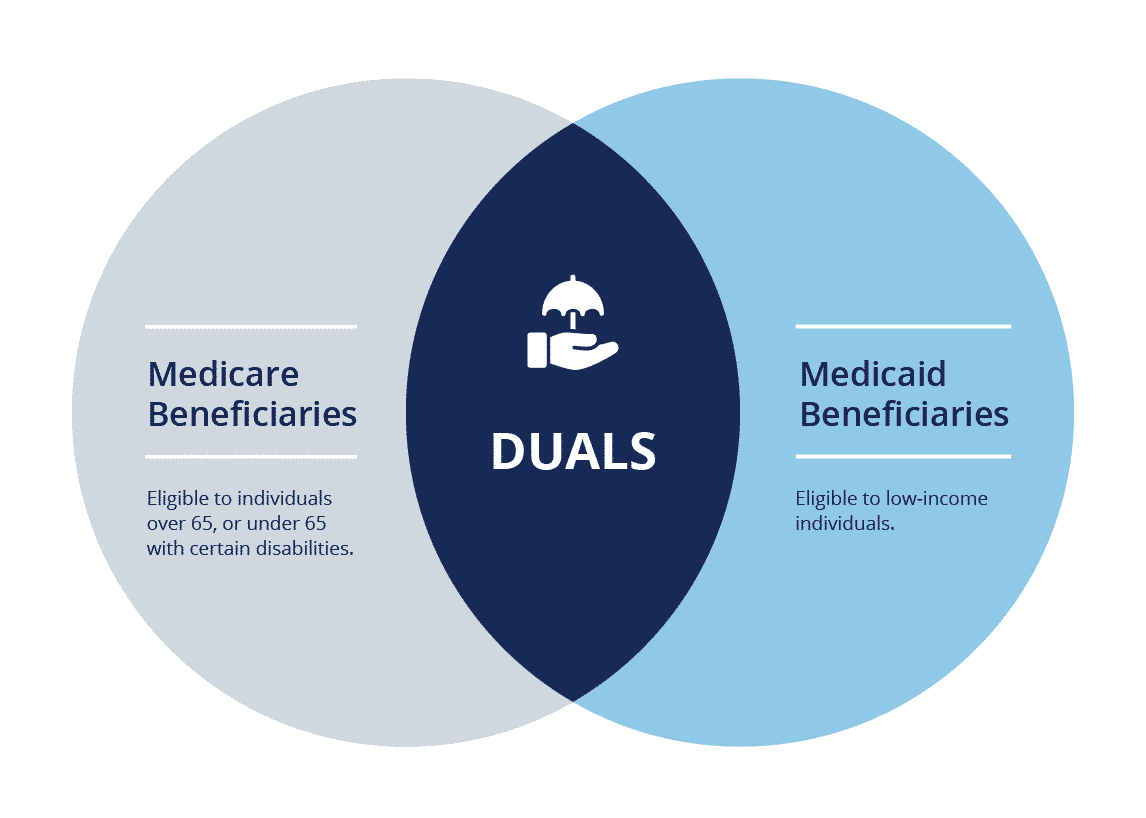While the primary age of eligibility for Medicare is 65 or older, there are some exceptions for younger individuals to qualify for Medicare based on specific circumstances. Here are a few examples:
1. Exceptions for Disability:
Individuals who are disabled and have been receiving Social Security Disability Insurance (SSDI) or Railroad Retirement Board (RRB) disability benefits for 24 months are automatically enrolled in Medicare. The 24-month waiting period starts the month after the date they became entitled to disability benefits.
Once a person with a disability becomes eligible for Medicare, they have the opportunity to enroll in Medicare Parts A and B during their Initial Enrollment Period (IEP). Their IEP is based on the month their disability began, and they have a seven-month window surrounding this month to enroll in Medicare.
If a person with a disability wants to enroll in a Medicare Advantage Plan (Part C) or a Prescription Drug Plan (Part D), they can do so during their IEP as well. They may also be eligible for a Special Enrollment Period (SEP), which gives them the opportunity to enroll in or make changes to their Medicare coverage outside of the regular enrollment periods.
It’s important to note that not all plans or coverage options are available in all areas. Individuals with disabilities should research plan options and check for the ones that work best for their health needs and financial situation. They can use the Medicare Plan Finder tool on the Medicare website or contact their local State Health Insurance Assistance Program (SHIP) for help choosing a plan.
2. Exceptions for End-Stage Renal Disease (ESRD):
Individuals with End-Stage Renal Disease (ESRD) may be eligible for Medicare regardless of age. ESRD is a condition in which a person’s kidneys are no longer able to function properly and require regular dialysis or a kidney transplant to survive.
Those with ESRD can qualify for Medicare benefits by fulfilling one of the following requirements:
– They have sufficient Social Security credits for disability or retirement benefits;
– They are receiving disability benefits from the Railroad Retirement Board; or
– They are the dependent child of someone who meets the above criteria.
Once a person with ESRD is eligible for Medicare, they have the opportunity to enroll in Medicare Parts A and B during their Initial Enrollment Period (IEP). Their IEP is based on the month they begin dialysis or receive a kidney transplant. They have a seven-month window surrounding this month to enroll in Medicare.
If a person with ESRD wants to enroll in a Medicare Advantage Plan (Part C) or a Prescription Drug Plan (Part D), they can do so during their IEP as well. They may also be eligible for a Special Enrollment Period (SEP), which gives them the opportunity to enroll in or make changes to their Medicare coverage outside of the regular enrollment periods.
It is important to note that not all plans or coverage options are available in all areas. Individuals with ESRD should research plan options and check for the ones that work best for their health needs and financial situation. They can use the Medicare Plan Finder tool on the Medicare website or contact their local State Health Insurance Assistance Program (SHIP) for help choosing a plan.
3. Exceptions for Amyotrophic Lateral Sclerosis (ALS):
Amyotrophic Lateral Sclerosis (ALS), also known as Lou Gehrig’s Disease, is a progressive and debilitating neurodegenerative disease that affects the muscles and causes disability over time. Individuals diagnosed with ALS are eligible to enroll in Medicare immediately regardless of their age and without having to wait for the typical 24-month waiting period.
Once a person with ALS is eligible for Medicare, they have the opportunity to enroll in Medicare Parts A and B during their Initial Enrollment Period (IEP). Their IEP is based on the date they were diagnosed with ALS, and they have a seven-month window surrounding this date to enroll in Medicare.
If a person with ALS wants to enroll in a Medicare Advantage Plan (Part C) or a Prescription Drug Plan (Part D), they can do so during their IEP as well. They may also be eligible for a Special Enrollment Period (SEP), which gives them the opportunity to enroll in or make changes to their Medicare coverage outside of the regular enrollment periods.
It’s important to note that not all plans or coverage options are available in all areas. Individuals with ALS should research plan options and check for the ones that work best for their health needs and financial situation. They can use the Medicare Plan Finder tool on the Medicare website or contact their local State Health Insurance Assistance Program (SHIP) for help choosing a plan. Additionally, individuals with ALS may qualify for other resources and benefits, such as home health care or hospice services through Medicare.
Learn more about signing up for Medicare here.

I am licensed to insurance in MA, KY & FL. I am Bi-lingo (English & Cape Verdean).
I am contracted with many insurance carriers such as Humana, Commonwealth Care Alliance, Aetna, Physicians Mutual, AARP, United HealthCare and more. I specialize in Medicare Products, but also sell Life & Dental insurance for all ages. I would love to talk to you and answer any question that you may have. Feel free to contact me via Text, Email or just Call!



